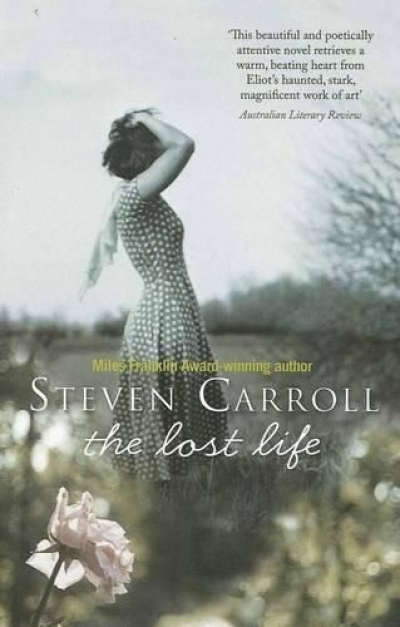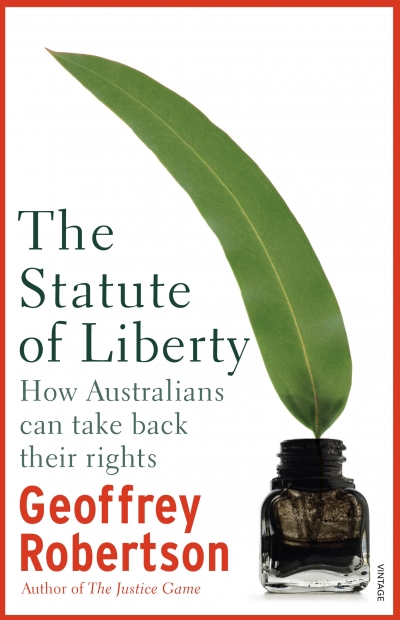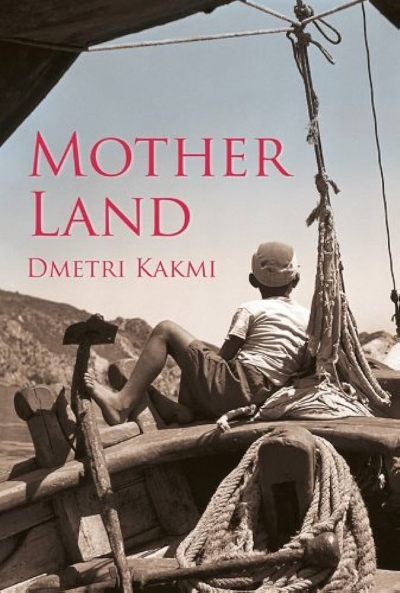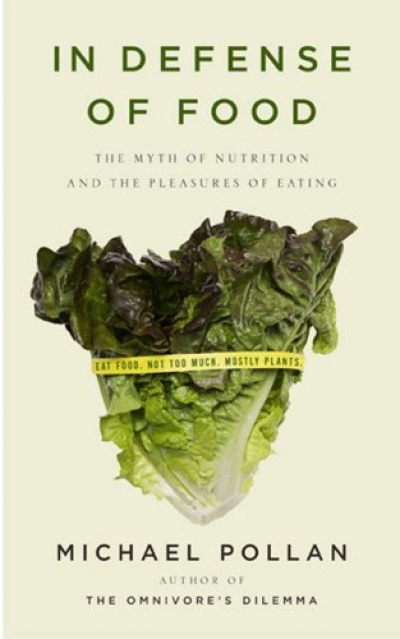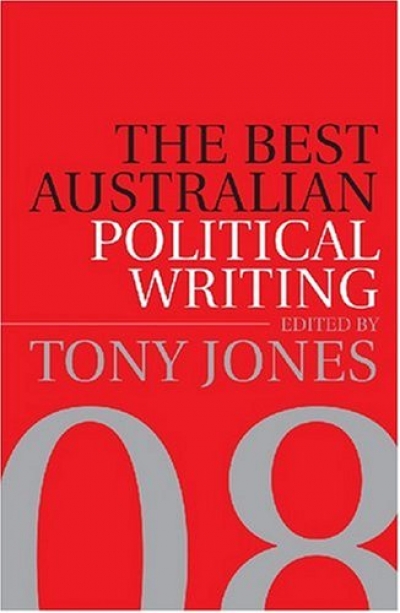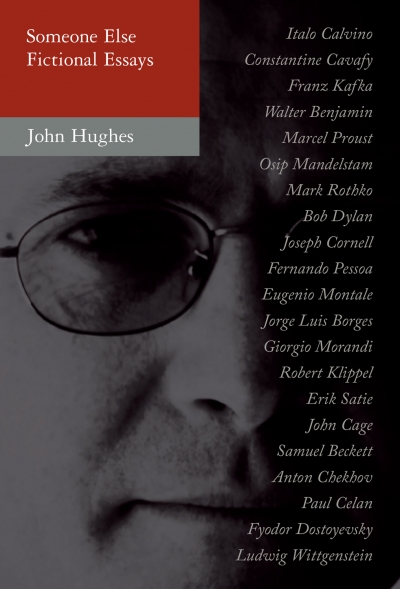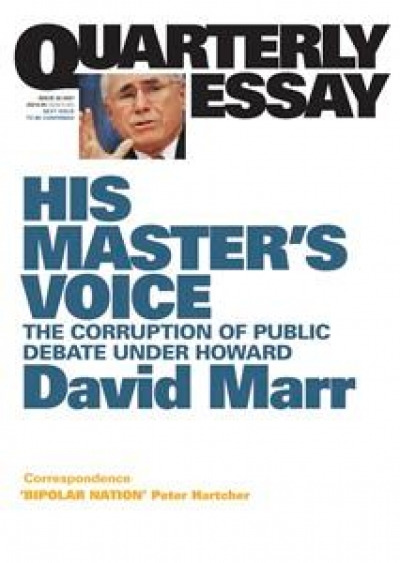Patrick Allington
The Statue of Liberty: How Australians Can Take Back Their Rights by Geoffrey Robertson
by Patrick Allington •
Do we need them?
Dear Editor,
Forgive me for taking advantage of the hospitality of your letters column to reflect on the matter of our national honours. Evidently some professions are better than others at nominating and supporting worthy candidates. If eminent writers and artists tend to go unacknowledged, to some degree we have only ourselves to blame for not taking more active steps to insure that a case is made through the Australian Honours Secretariat in Yarralumla. The procedure is relatively time-consuming, but all relevant particulars may be found at www.itsanhonour.gov.au. (I do not find the name of this website particularly reassuring.)
... (read more)In Defence of Food: The myth of nutrition and the pleasures of eating by Michael Pollan
by Patrick Allington •
The Best Australian Political Writing 2008 edited by Tony Jones
by Patrick Allington •
Exit Right by Judith Brett & Poll Dancing by Mungo MacCallum
by Patrick Allington •

